Palmetto Bluff Real Estate Company Sales Office
Office Hours
Monday-Friday 9am - 5pm
Saturday 9am - 4pm
Sunday 12 - 4pm
Saturday 9am - 4pm
Sunday 12 - 4pm
Palmetto Bluff’s Farm Vision
Aspirationally, the plan for Palmetto Bluff always included a farm. We knew that as this place evolved, we would set aside land for farmed agricultural plots to enhance the visual landscape and the community’s sustainability. Now, a guiding principle defined more than a decade ago is bearing fruit (sorry, I couldn’t help it) and vegetables.
“Food and foodways are at the core of any culture,” says David O’Donoghue, Palmetto Bluff president. “For Palmetto Bluff to be an ambassador of the foodways of the Lowcountry, it requires that we look not just at presenting food (via our restaurants), but at food production. We want to understand how food is tied to this place, so we must ask what fits the geography, environment, and history of the place.”
Given the resonance of the story of food and where it comes from, both in terms of geography and history, we saw an opportunity to recapture farming practices. This does not mean that we are focused on recreating an overly romanticized nostalgic vision of the past. It means we are seeking authenticity, and authenticity means it is something real and viable in today’s world. Authenticity means that when you plant your first crop in the fall and it snows in January, you add your newfound knowledge of potential weather patterns to the story and you pick up where Mother Nature left you.
Today, we have a small but productive working farm. In 2019, we will add a full-time farmer who will look to understand and document the traditional means of farming the most viable and best-tasting varieties of food that are indigenous to the Lowcountry environment.
Focusing on outreach and education, the farm will work with the Conservancy. This will start with the members and guests of Palmetto Bluff and ultimately reach well beyond our gates. We endeavor to be a thought leader and model that helps promote the long-term sustainability of natural, local food production. This will include finding additional partner organizations to carry our learnings to a broader audience, bringing promising students to our farm, and making it possible for interested novices to learn how to both grow and prepare food in a fashion consistent with our best practices.
Additionally, as a promoter of the foodways of the Lowcountry, the Palmetto Bluff farm should be a center for excellence and documentation and celebration of other food producers in the region. We will seek out farmers, hunters, fishermen, and other craftspeople who share our vision and goals and help capture and promote their efforts as a part of our broader cultural mission.
We will supply the dining outlets on property to allow people to taste the food that is produced locally and authentically. We will celebrate great local cuisine and promote its visibility and success.
But, above all, our mission is simple: the food must taste good.
Spring 2018 Planting List
Produce:
Okra
Burgundy Okra
Black Crowder Peas
Pink-Eye peas
Purple Knuckle Peas
Sugar Peas
Hardee Peas
Texas Longhorn Peas
Louisiana Purple Pod Beans
Reverend Taylor Butterbeans
Loudermilk Butter Beans
Silver Queen Corn
ZucchIni
Charleston Gray Watermelon
Crimson Sweet Watermelon
Yellow Watermelon
Ichiban Eggplant
Purple Eggplant
Bradshaw Sweet Potatoes
Beauregard Sweet Potatoes
Cantaloupe
Cucumber
Blue Hubbard Squash
Straightneck Squash
Tomatoes:
San Marzano
Juliet Roma
Parks Whopper
Cherokee Carving
Yellow Pear Cherry
Bradley
Indigo Rose
Purple Dog Creek
Tennessee Britches
Depp’s Pink Firefly
Big Zebra
Lucky Cross
Isis Candy
Gold Medal
Big Rainbow
Matt’s Wild Cherry
Blue Ridge Mountain
indigo Blueberry
Black Icicle
Red Tommy Toe
Indian Stripe
Green Zebra
Sweet 100
Yellow Pear
Adelaide Festival
Wild Barred Boar
Peppers:
Friarielio di Napoli
FataliI
Yum Yum Orange
Yum Yum Red
Candy Cane Red
Cajun Beli
Poblano
Thai Hot
Sweet Hot
Ghost
Scotch Bonnet
Carolina Reaper
Odessa Market
Chinese Five Color
Shishito
Purple Jalapeno
Mexibell
Yellow Bell
Gypsey Sweet
Purple Beli
Garden Salsa
Combahee Red Devil
Orange Carrot
Written by Courtney Hampson
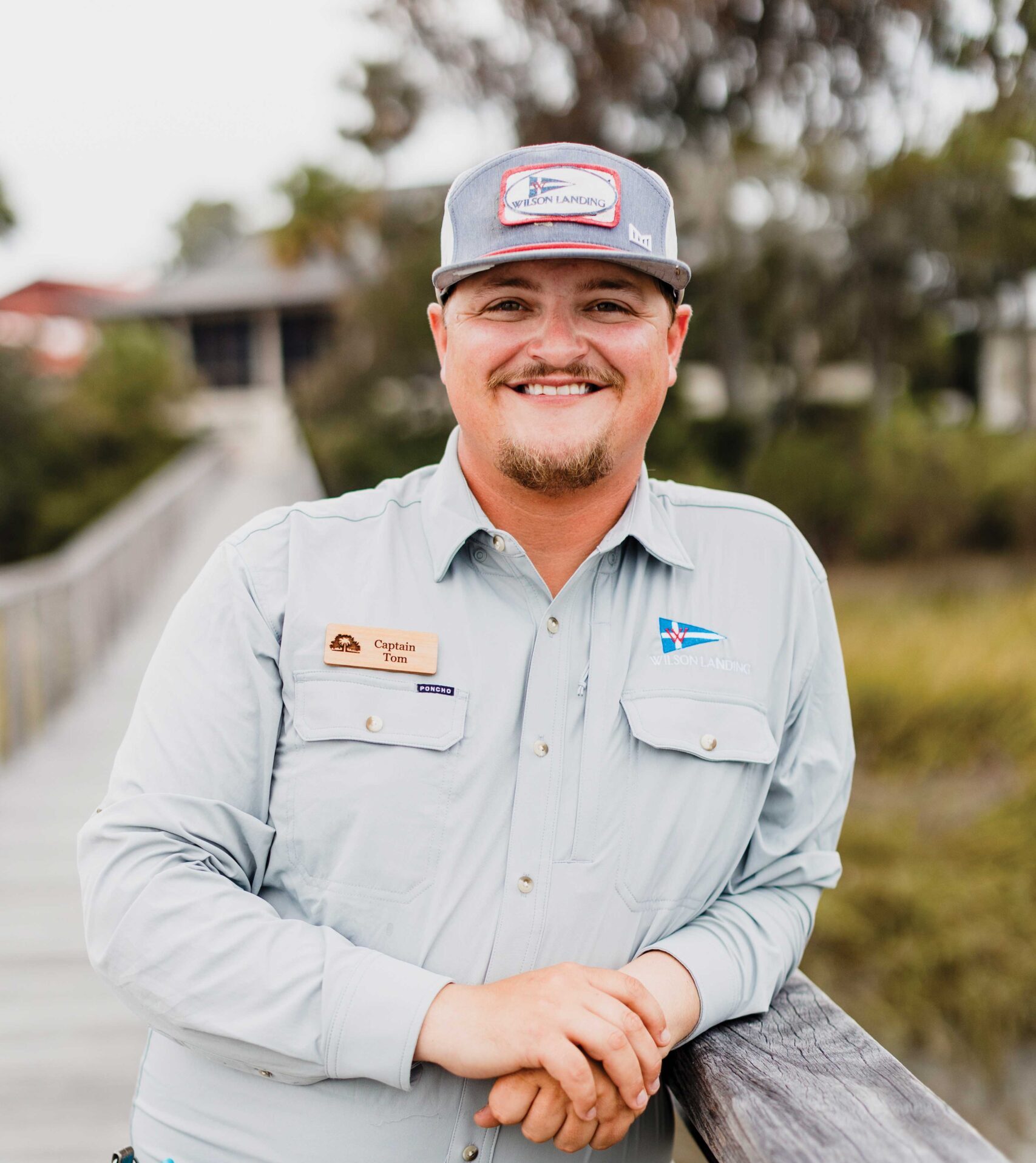
The Bluff | Spring/Summer 2025 Tell me about where you grew up. I was born and raised on Broad Creek in Hilton Head and I’ve been boating and fishing since I was a tiny kid. I got into the industry when I was eight. I’d go down to Shelter Creek Marina and be...
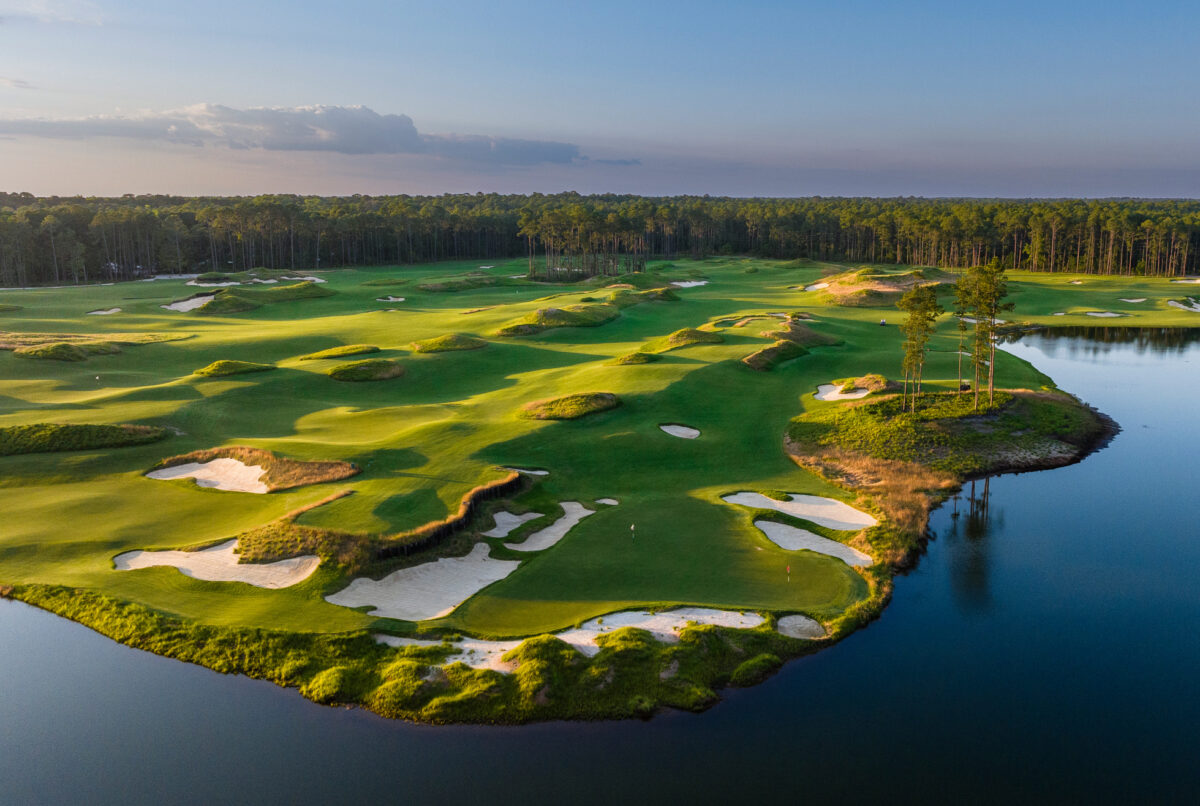
How to Enjoy a Day of Golf at Crossroads At Palmetto Bluff, Crossroads nine-hole golf course offers more than a place to play—it provides a sense of belonging. While the course layout is thoughtfully designed and visually stunning, what sets Crossroads apart...

Explore 342 Corley Street in Moreland Village Every home at Palmetto Bluff tells a story, and 342 Corley Street is no exception. Perched above a sparkling lake in the heart of Moreland Village, this four-bedroom, four-and-a-half-bath Southern Coastal-style ho...

You know Spring has arrived at the Bluff when The Farm begins buzzing with activity. You can find a bounty of eggs in beautiful hues, bright green potato vines popping up in rows, and Better Boy, Celebrity, and Red Brandywine tomatoes ripening in the sun. We a...

The homes at Palmetto Bluff are known for their expansive and inviting porches, which embody the spirit of Southern charm and hospitality. These porches are more than architectural features; they serve as seamless extensions of the living space, fostering a co...
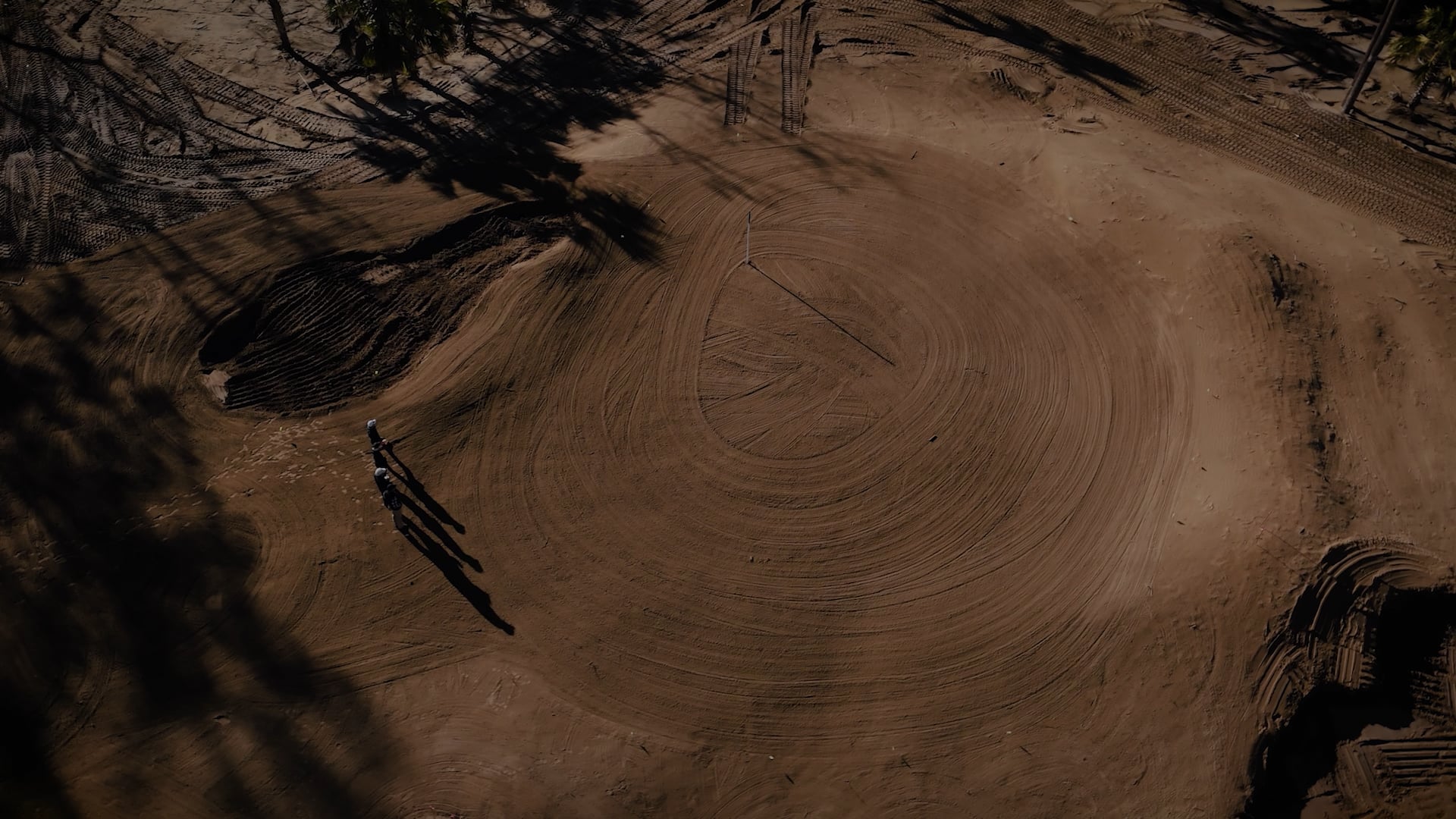
Take a closer look at the artistry and intention behind the new Coore & Crenshaw golf course coming to life in Anson. In this exclusive video, hear directly from Ben Crenshaw as he shares how each hole was thoughtfully designed to offer a unique experience...
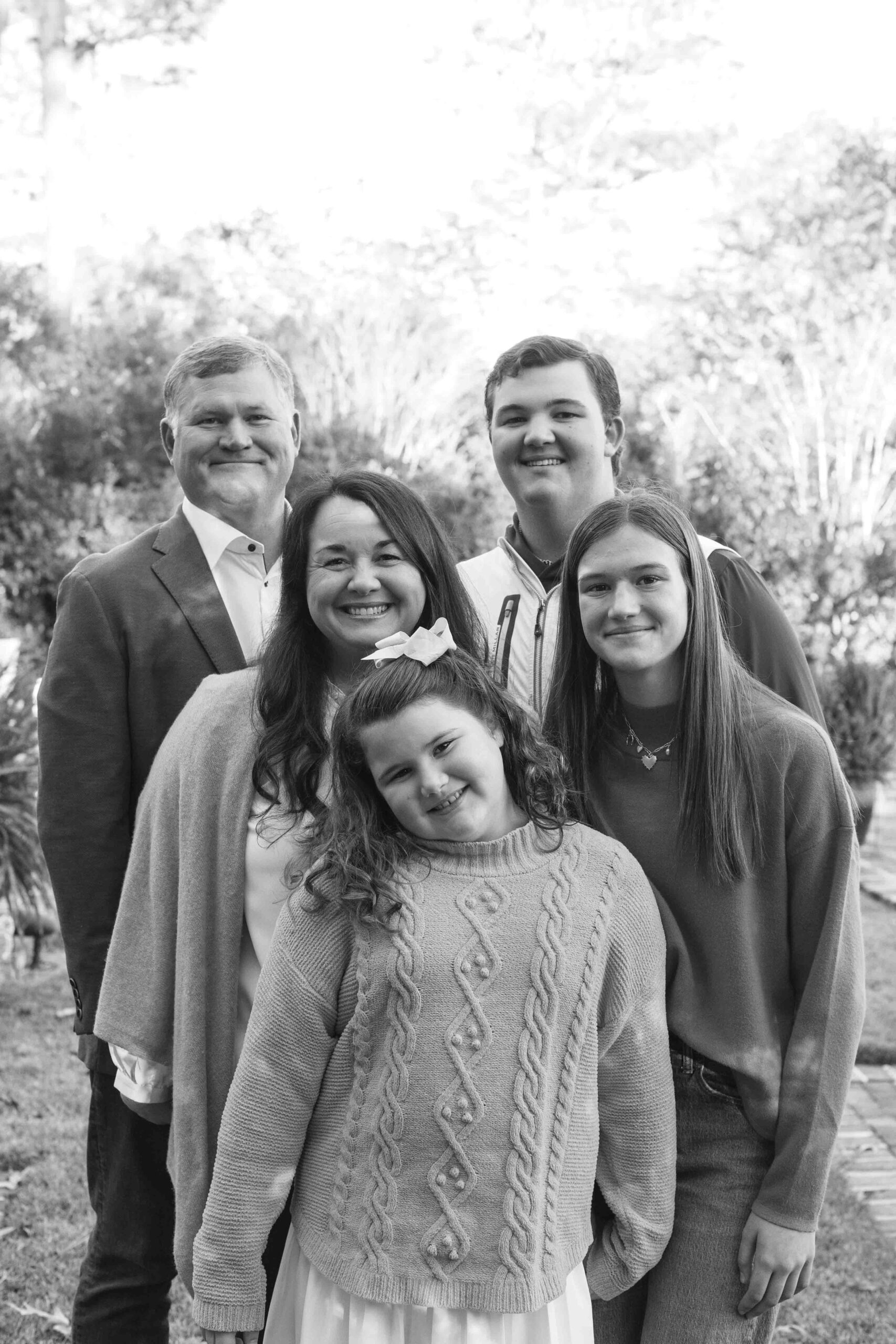
Randy, Carole Anne, Sage, Tyson, and Wren Oliver Where are you from? Randy: We're both from Manning, South Carolina. We met in high school. Carole Anne: We were high school sweethearts! Randy: In 2013, we moved to St. Louis and were there for over seven ...
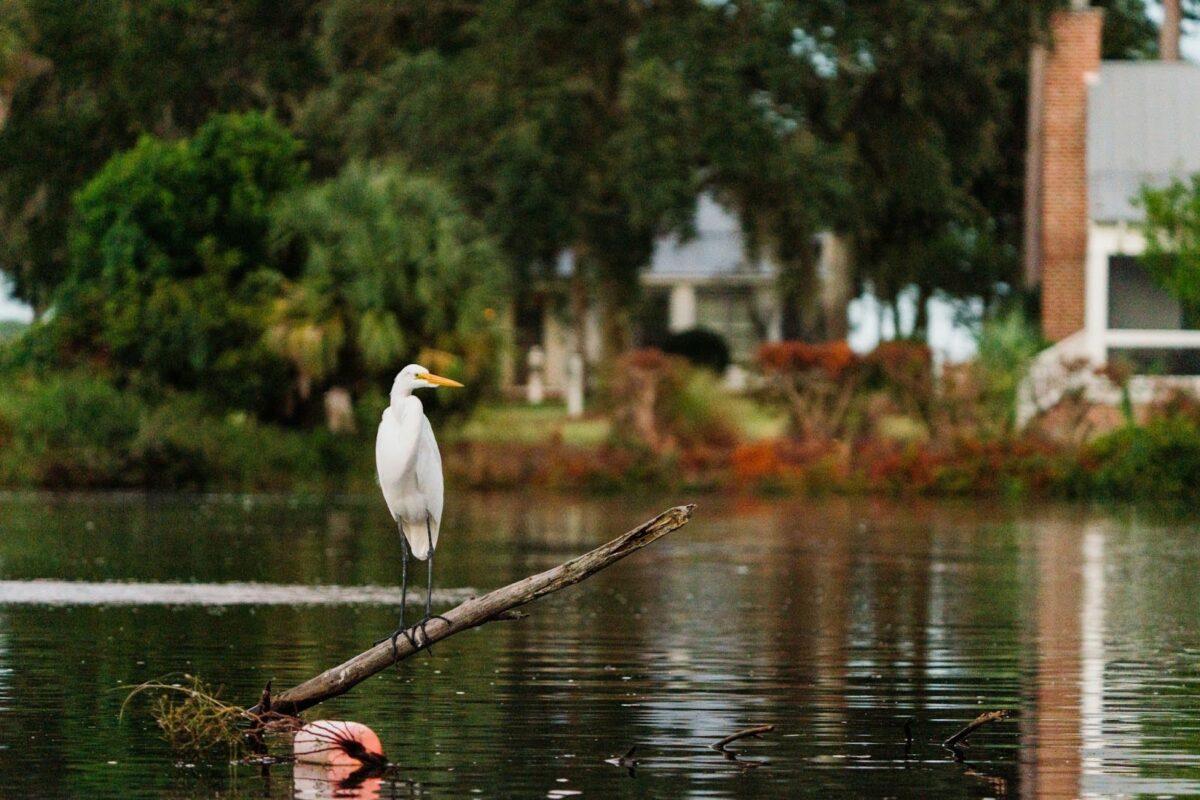
Where to Spot South Carolina Wildlife This Spring As spring breathes new life into the Lowcountry, Palmetto Bluff becomes a haven for nature enthusiasts eager to experience the vibrant South Carolina wildlife. Warmer temperatures, lush landscapes, and longer ...
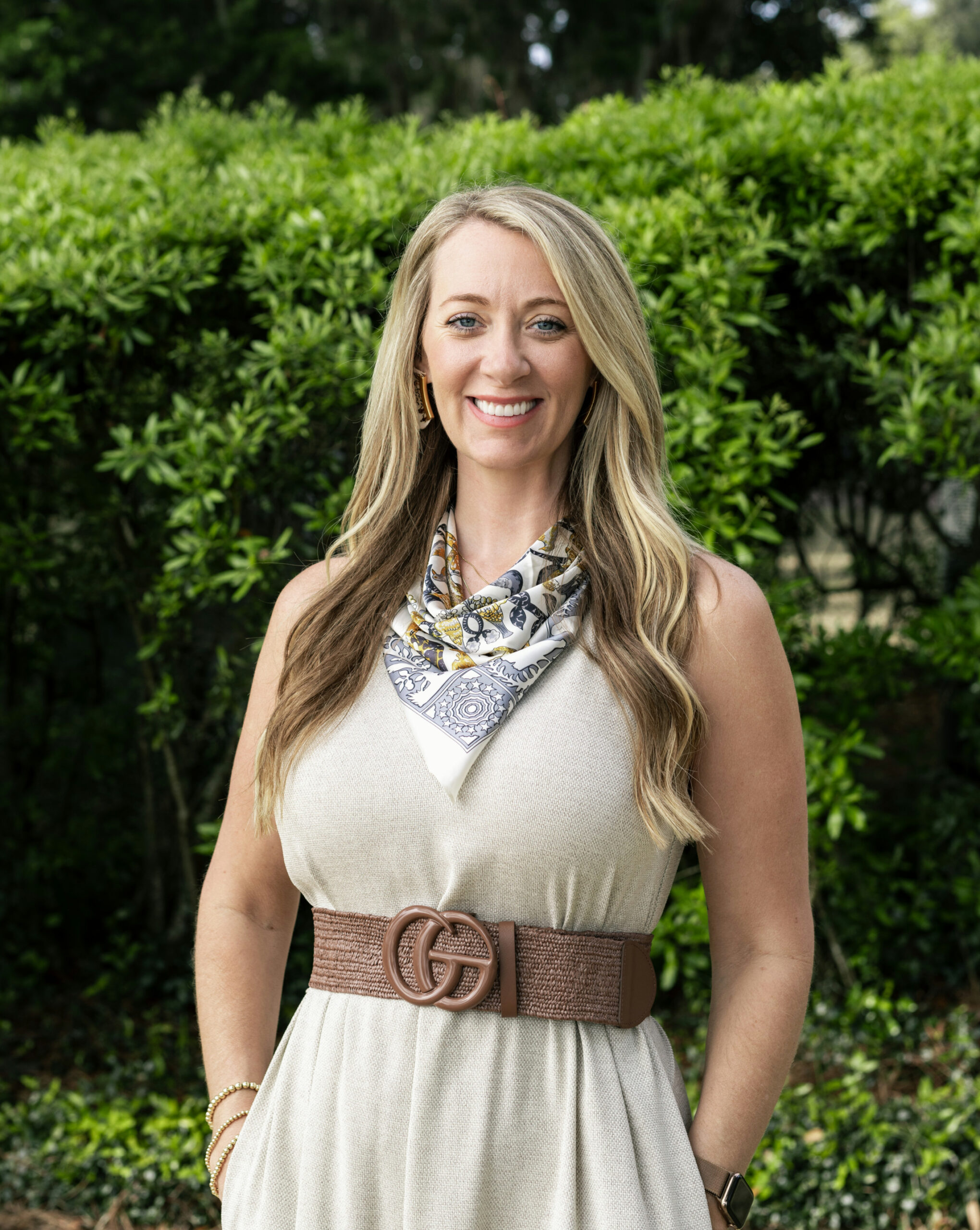
Amanda’s Journey to Palmetto Bluff Real Estate Company Tucked along the banks of the May River, Palmetto Bluff is where history, nature, and timeless design come together to create something truly special. For Amanda Cutrer, a dedicated sales agent with Palme...

Palmetto Bluff Members: A Look into the Lifestyle Imagine waking up to a cascading canopy of natural oak trees. You can hear the sounds of the May River careening in the background and smell the aroma of finely ground espresso slowly engulfing your waterfront...
Learn about the Palmetto Bluff Conservancy and how we keep the vision of our land in place.
On land or water, there is an ever-evolving variety of activities.
We do not attempt to independently verify the currency, completeness, accuracy or authenticity of the data contained herein. All area measurements and calculations are approximate and should be independently verified. Data may be subject to transcription and transmission errors. Accordingly, the data is provided on an “as is” “as available” basis only and may not reflect all real estate activity in the market”. © [2023] REsides, Inc. All rights reserved. Certain information contained herein is derived from information, which is the licensed property of, and copyrighted by, REsides, Inc.